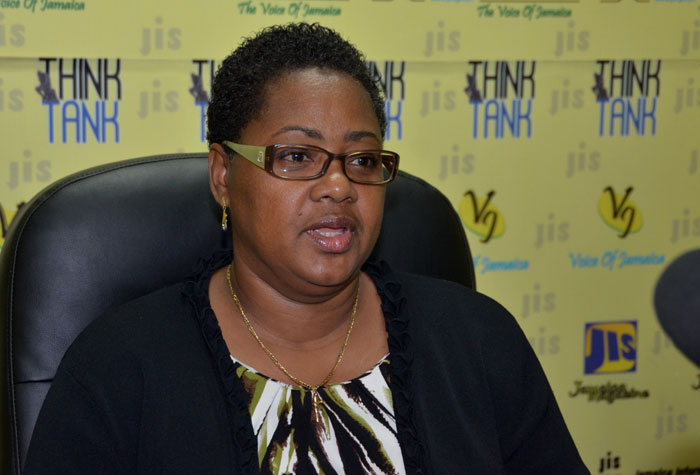Health Ministry Renews Call for Children to be Immunised
By: , November 15, 2013The Key Point:
The Facts
- Failure to immunise may result in public health issues for the country.
- The Government has an obligation to protect the welfare of the nation from these conditions.
The Full Story
The Ministry of Health (MoH) has renewed its appeal for parents and guardians to get their children immunised.
Speaking at a recent Jamaica Information Service (JIS) Think Tank, Director of Family Health Services in the Ministry, Dr. Karen Lewis-Bell, reminded parents that they could be charged under the law for failure to adequately immunise their children.
She said that under the 1986 Public Health Act, parents, principals and owners of day care facilities and health care workers, who contribute or cause a child to not be adequately vaccinated for his age, outside of medical contra-indications, are liable for prosecution in a Resident Magistrates Court. They can be fined and/or given a term of imprisonment for up to 30 days.
In addition to the legal ramifications, Dr. Bell said failure to immunise may result in public health issues for the country.
While Jamaica has eradicated a number of diseases, this is not the case for every country and so there is the risk that these conditions could be re-introduced to the island through travel.
“Occasionally, we have tourists from countries that do not have an established immunisation programme, those in which it is not mandated, and even from countries where certain diseases are still endemic. This sometimes results in imported cases of polio, measles or other non-immunisation-related diseases,” Dr. Bell pointed out.
She said that “young parents in particular, are not familiar with some diseases that affect children if they are not immunised and so they are more fearful of the vaccines and the minor side effects associated with the vaccines, rather than the disease itself.”
Dr. Bell explained that it is very difficult for the health sector to stop importation of diseases because many of these conditions have an incubation period, which sometimes lasts between seven to 21 days. During this period, she said, the person is infected but has not yet started to show signs and symptoms of the disease.
“These persons appear healthy upon entering the country and later visits health care facilities for treatment and that is when the Ministry of Health’s active surveillance system identifies the imported disease. In this system, health care providers search mainly hospitals for these cases on a daily and sometimes weekly basis,” she informed.
Dr. Bell said that the Government has an obligation to protect the welfare of the nation from these conditions, despite the philosophical and religious belief of the individual.
“When it concerns the health and well-being of the nation, it is the responsibility of the Government to consider the well-being of the wider population and act accordingly,” she stated.
With the availability of relatively cheap and safe vaccines for several diseases, the Director of Family Health Services said that children should not have to battle with certain diseases and in some cases die.




